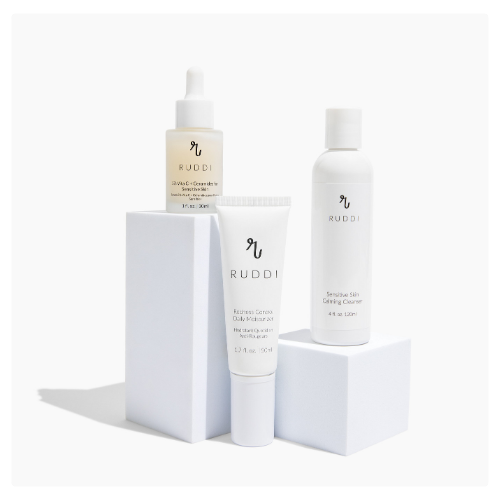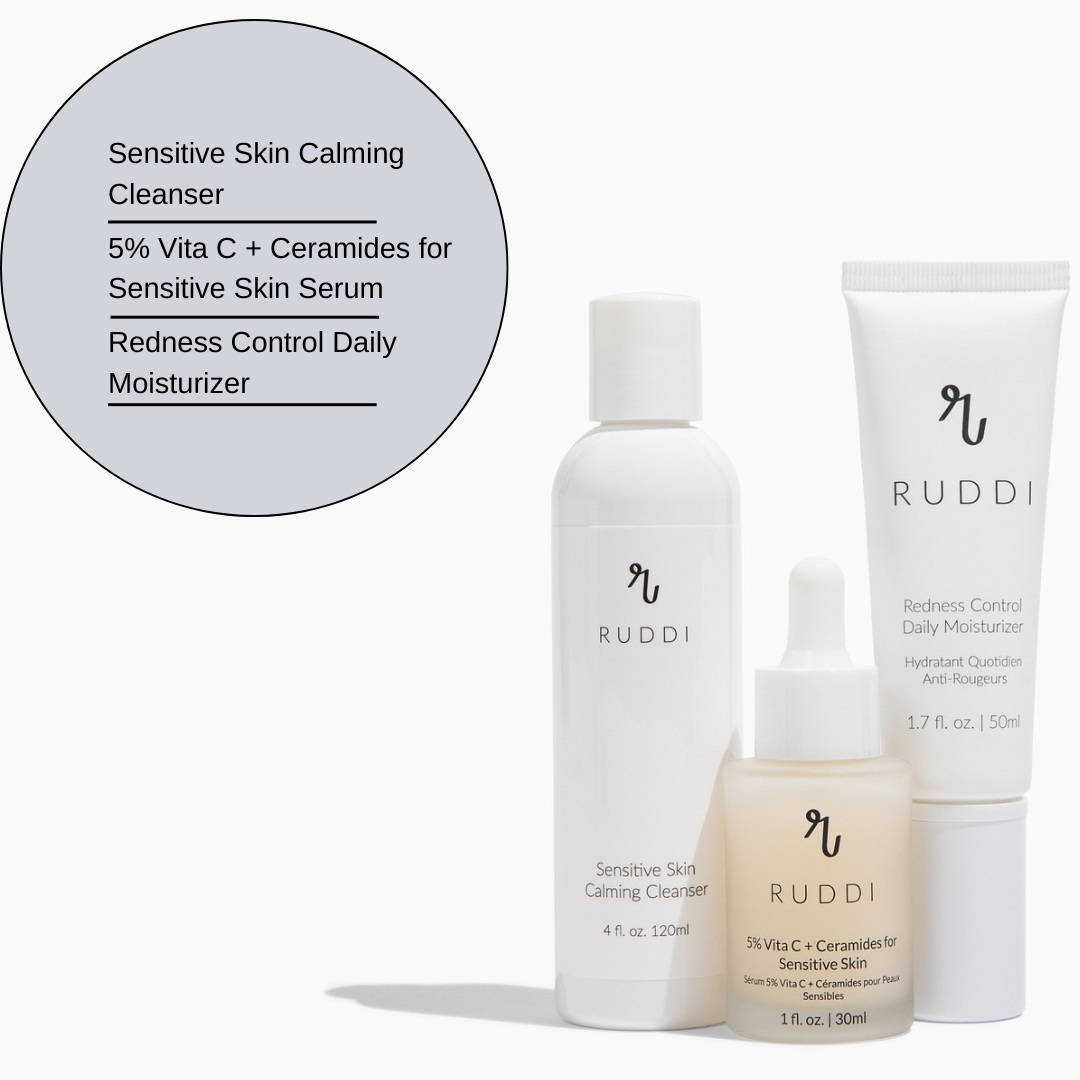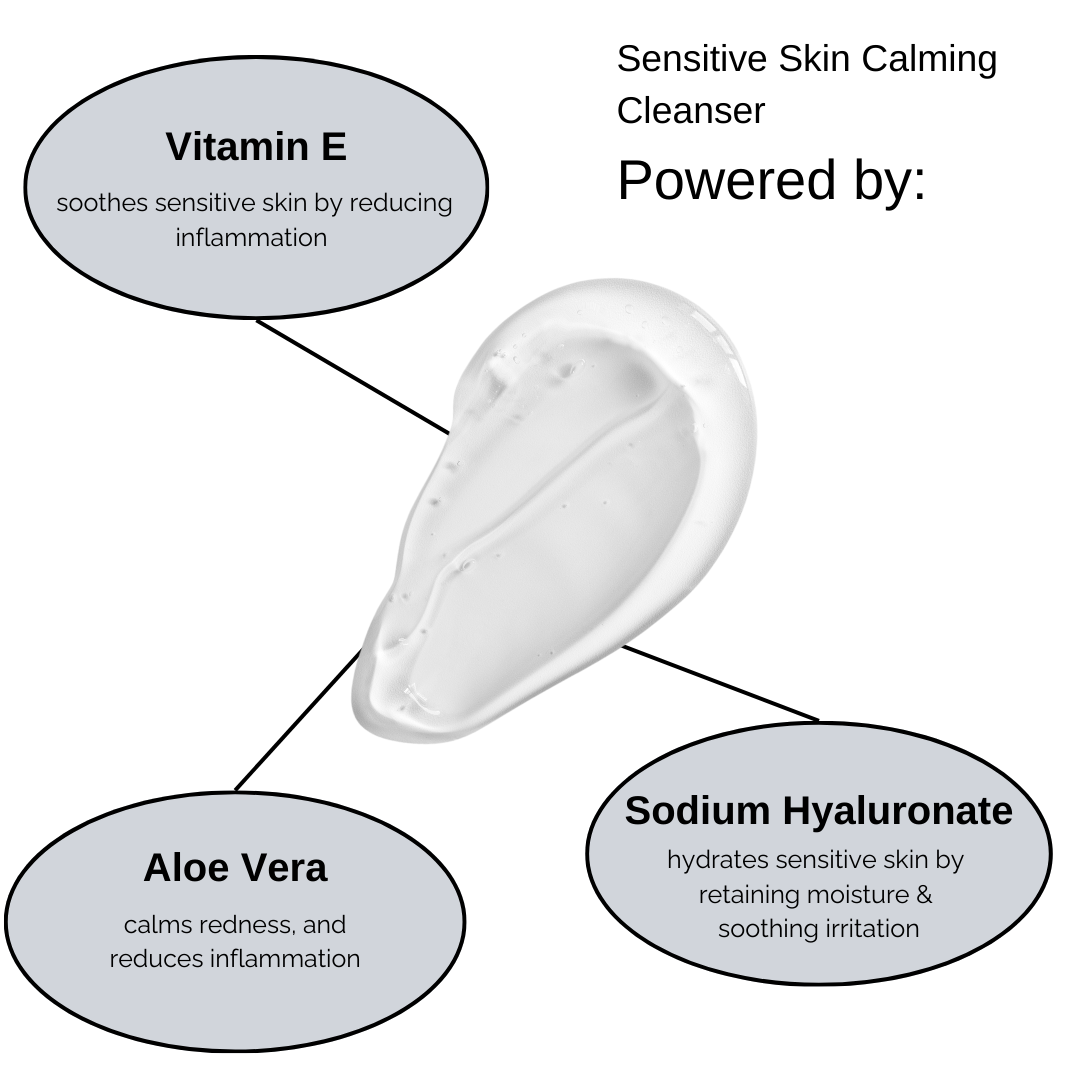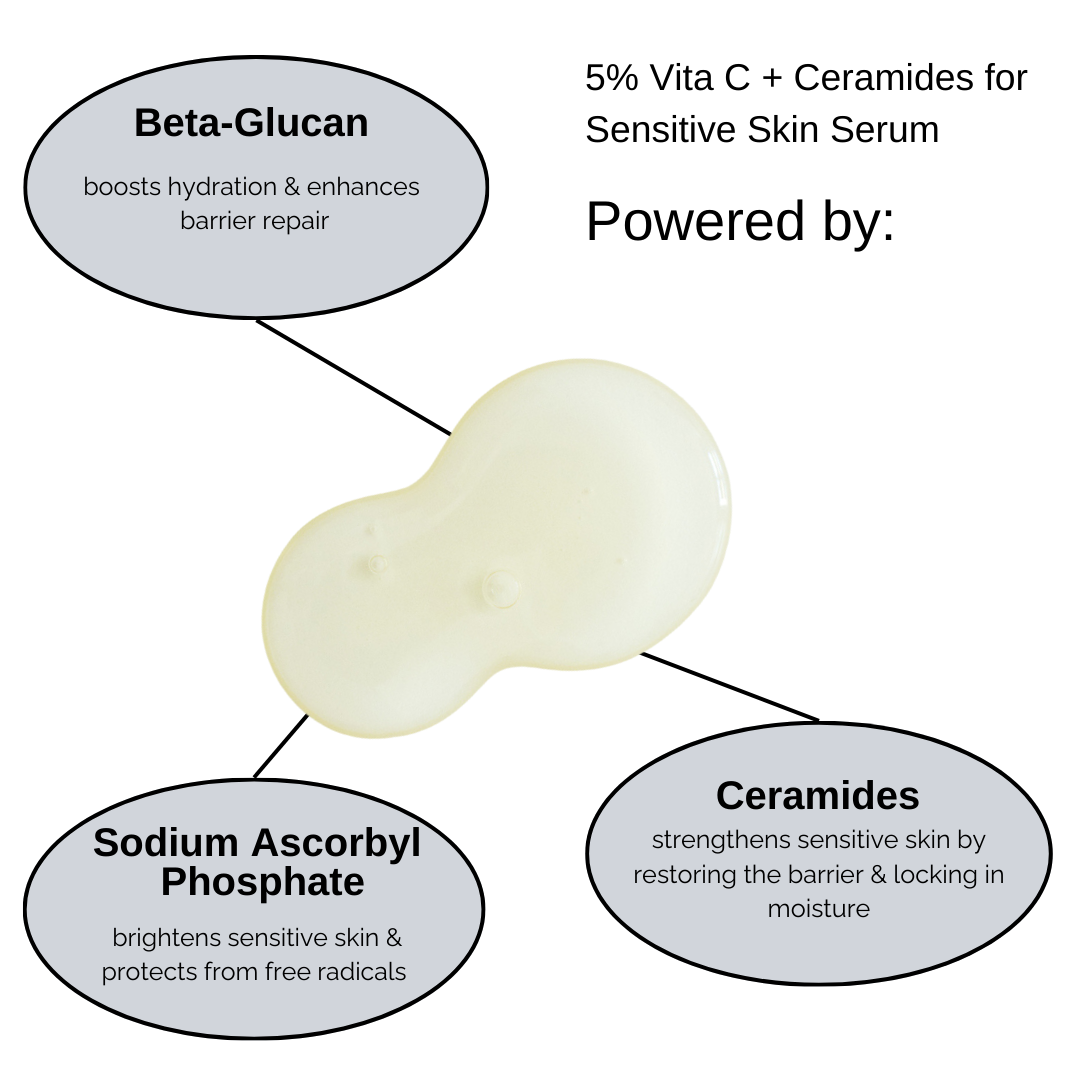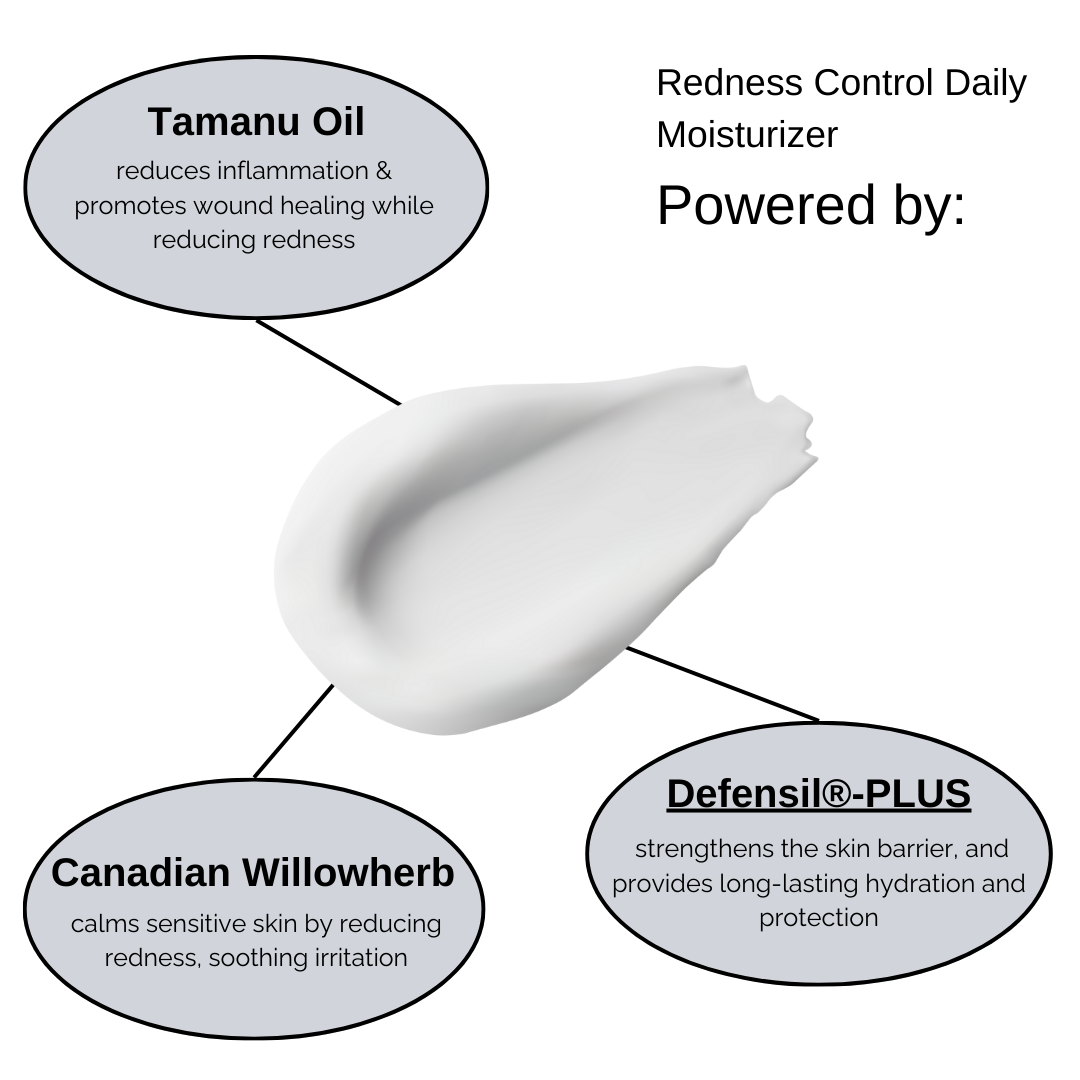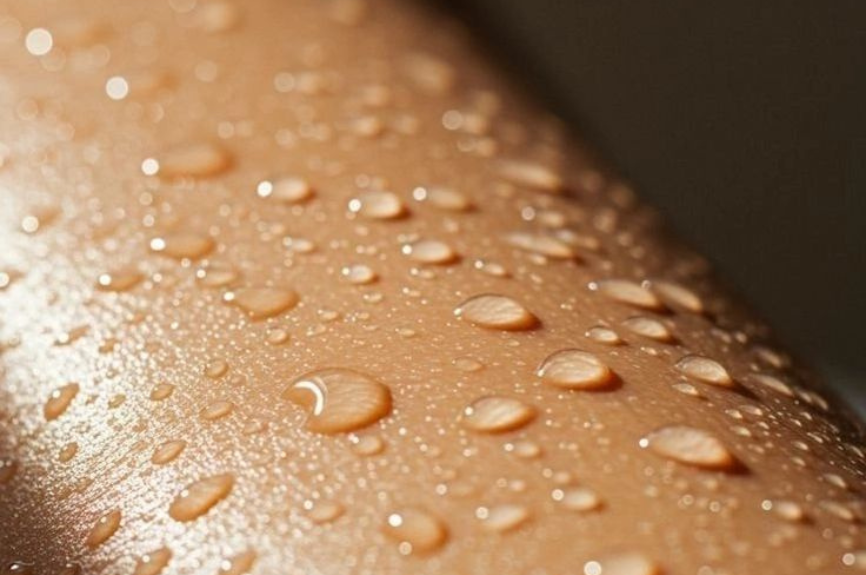
Soothing Home Remedies for Sensitive Skin
Gentle Relief from Redness & Irritation
Living with sensitive skin can feel like walking a tightrope — one wrong product, one change in weather, or even one stressful day, and your skin lets you know it’s unhappy.
While professional skincare products designed for sensitivity are a must-have, many people also look for natural, at-home remedies to calm flare-ups.
Below, we’ve gathered dermatologist-approved and evidence-backed home remedies that can help soothe sensitive, irritated, or reactive skin.
1. Cool Compress with Cucumber or Green Tea
A cool compress can instantly reduce redness and calm burning sensations.
- How to use: Steep green tea, chill it in the refrigerator, then soak a clean cloth and gently press it onto your skin. Alternatively, chilled cucumber slices can provide similar cooling relief.
- Why it works: Both green tea and cucumber contain antioxidants and anti-inflammatory compounds that help calm irritation.
2. Oatmeal Masks or Baths
Colloidal oatmeal has long been recommended for eczema and sensitive skin.
- How to use: Mix finely ground oats with water or unscented yogurt to form a paste. Apply as a soothing mask for 10–15 minutes. For body irritation, add a cup of colloidal oatmeal to lukewarm bathwater.
- Why it works: Oats contain avenanthramides, which reduce itching and inflammation, while also reinforcing the skin barrier
3. Aloe Vera Gel (Straight from the Plant, If Possible)
Aloe vera is famous for its calming and hydrating properties.
- How to use: Apply pure aloe vera gel (either from the inner leaf of the plant or a store-bought option with minimal additives).
- Why it works: Aloe contains vitamins, enzymes, and polysaccharides that reduce redness, support healing, and add lightweight hydration without clogging pores.
4. Honey as a Natural Soothing Mask
Honey isn’t just for your tea — it’s a natural humectant with antibacterial benefits.
- How to use: Apply a thin layer of raw honey to clean skin, leave on for 10–15 minutes, then rinse with lukewarm water.
- Why it works: Honey draws moisture into the skin and has anti-inflammatory and antimicrobial properties, making it a gentle option for sensitivity-prone complexions.
5. Barrier-Boosting Oils (Used Sparingly)
Some lightweight oils can help lock in hydration without overwhelming sensitive skin.
- Best options: Jojoba oil and squalane (plant-derived) are among the most skin-friendly.
- How to use: Apply a drop or two to damp skin or layer over your moisturizer.
- Why it works: These oils mimic natural skin lipids, reinforcing the skin barrier while reducing water loss.
A Few Words of Caution
- Patch test first. Even natural remedies can trigger sensitivity. Always try new ingredients on a small area of skin before applying to your face.
- Less is more. Stick to one soothing remedy at a time to avoid overloading reactive skin.
- Seek professional help. If your sensitivity is chronic, worsening, or linked to conditions like rosacea or eczema, consult a dermatologist.
Sensitive skin deserves extra care, and while home remedies can provide immediate comfort, they work best alongside a consistent, gentle skincare routine. Simple steps like using a fragrance-free cleanser, a barrier-repair moisturizer, and daily SPF can make a world of difference.
With the right mix of home remedies and supportive products, you can give your skin the calm and comfort it craves.

